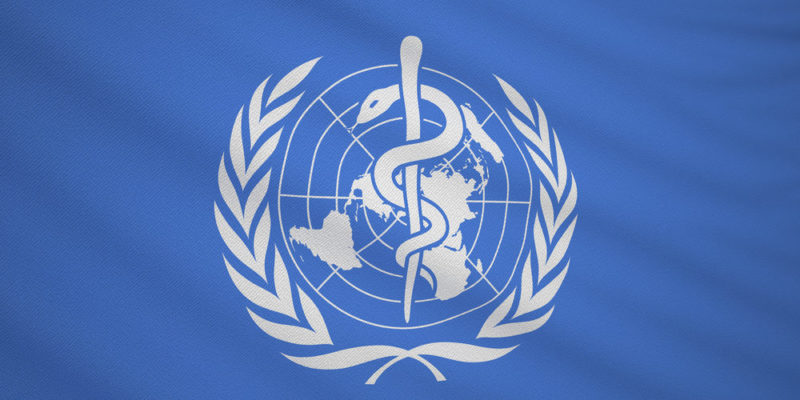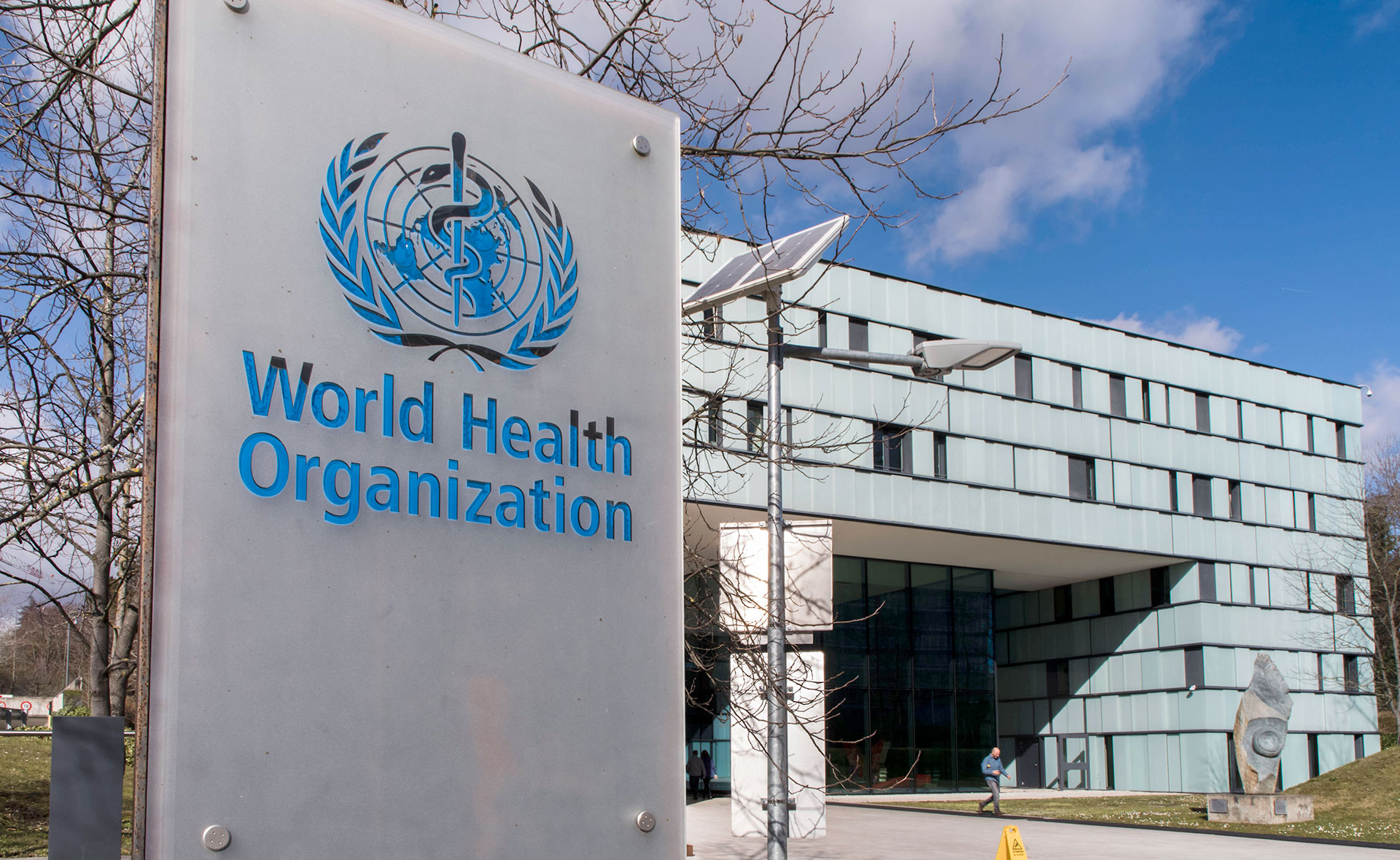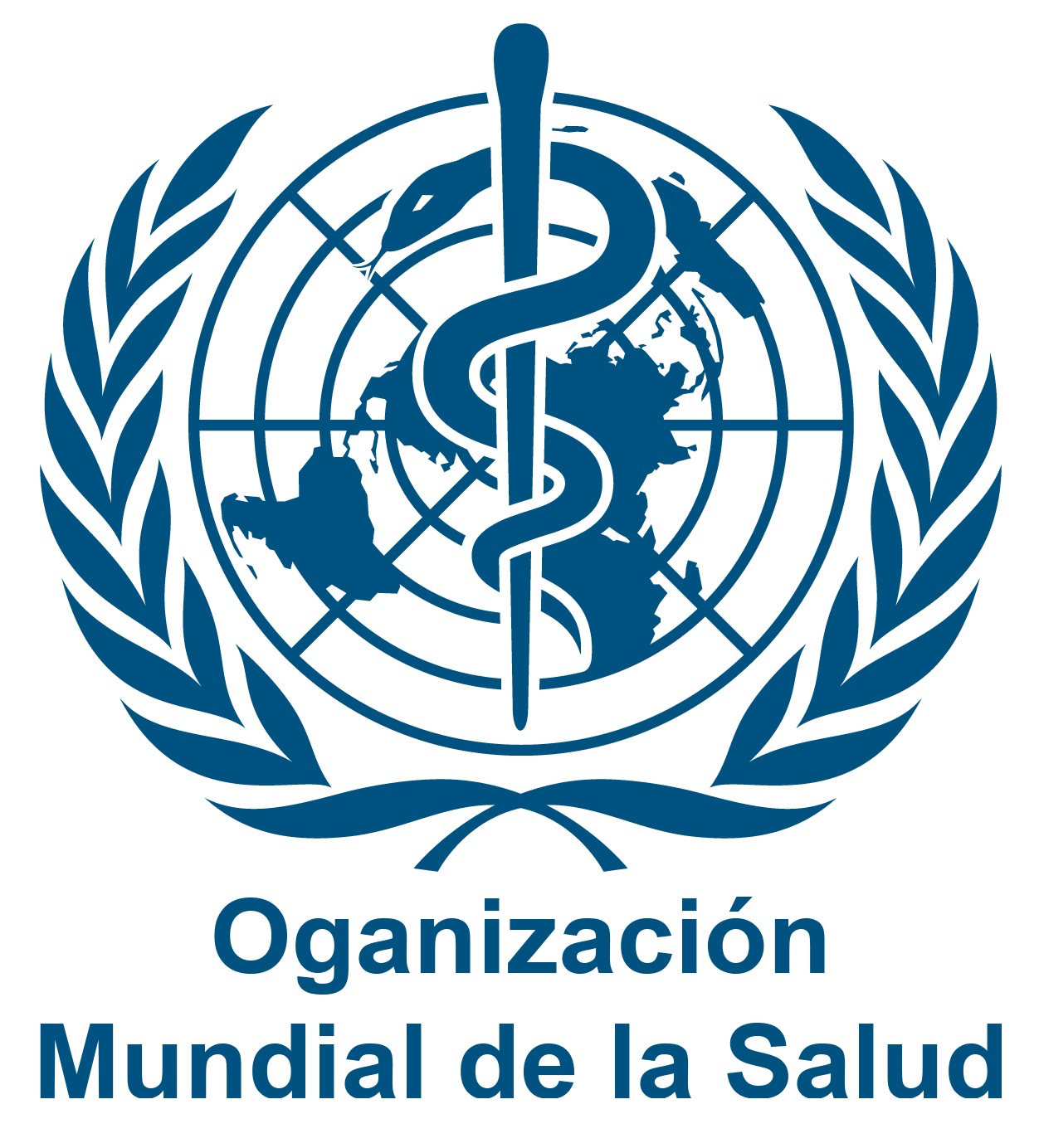Have you ever received a text message with "OMS" and found yourself scratching your head, wondering what it could possibly mean? It's a common moment, that feeling when a few letters pop up on your screen and leave you a bit puzzled. While many texting abbreviations are pretty straightforward, some can be a little less obvious, so it's worth taking a moment to figure them out. We're going to talk about what "OMS" might mean if you see it in a text, and where that particular set of letters actually comes from, giving you some clarity.
It turns out, there's a very big, very well-known organization that uses "OMS" as its French and Spanish abbreviation. This group works on a global scale, helping people everywhere with their health and general well-being. So, if you happen to spot "OMS" in a message, it could well be a quick way someone is referring to this particular body, especially if the conversation is about world events, health news, or things happening on a wider stage, you know?
This article will help you make sense of "OMS" when it appears in your digital chats. We'll explore what this organization does, how it helps people, and why its work might come up in a text. By the way, it's about much more than just a few letters; it's about a group that has a real impact on people's lives across many different places.
Table of Contents
- What is OMS, really, when you see it?
- How Does OMS Work for Everyone?
- What Does OMS Do Around the Globe?
- Is OMS a Common Term in Everyday Texting?
What is OMS, really, when you see it?
When you come across "OMS," especially if you are seeing it in a text, it very often stands for the Organisation Mondiale de la Santé. This is the French and Spanish way to say "World Health Organization," or WHO for short in English. This particular body is a specialized arm of the United Nations, a truly big group of nations working together. It got its start a good while ago, back in 1948, with the clear purpose of looking after public health for everyone, so that's a pretty big job, you know?
This organization acts like a major champion for people having healthier and safer lives. Their team is quite large, with more than 8,000 skilled individuals. These people include some of the world's most knowledgeable public health experts, like doctors who help people feel better, epidemiologists who study how sickness spreads, scientists who learn new things, and managers who keep everything running smoothly. They are, in a way, the backbone of this global health effort, and it's quite something to consider the breadth of their collective knowledge, frankly.
The OMS, or WHO, truly stands up for health and pushes for a better future for all people. It is dedicated to the well-being of every person on Earth, and its actions are guided by what science tells us. This means they base their work on solid facts and careful study, which is pretty important when you are dealing with something as delicate as public health. They really do lead the way in many efforts to make the world a healthier place for everyone, and that's a significant part of what they do, in fact.
The Core of OMS and Texting
So, when you see "OMS" in a text, it's quite possible the person sending the message is talking about this very organization. Perhaps they are sharing a piece of news, or maybe they are commenting on a global health event. It is, after all, a quick way to refer to a big name. For example, if someone is texting about a new health guideline or a recent finding about a sickness, they might just type "OMS" to save a few keystrokes, which is a common practice in texting, isn't it? This abbreviation, then, becomes a shorthand for a group whose work touches many lives, and it's actually a pretty efficient way to communicate about them.
The organization's main job is to promote good health, help keep the world a safer place, and give aid to those who are most in need. This includes people who might be in vulnerable situations. Their efforts are spread across the globe, working to make sure people everywhere have better health outcomes. So, if your friend texts you "OMS just released new info," they are probably talking about this important health body, and it's good to know what they mean, just a little.
Their big aim is to make sure a billion more people get universal health coverage, meaning they can get the medical care they need without facing financial hardship. They also want to help keep a billion more people safe from health threats. These are really ambitious goals, and they show the scale of the work this organization takes on. So, in a text, "OMS" can be a compact way to point to these huge global health efforts, which is quite a lot to pack into three letters, so it's almost a little surprising.
How Does OMS Work for Everyone?
The OMS works in many different ways to help people across the world. They put out news about disease outbreaks, for example. These are called Disease Outbreak News, or DONs. These reports come out when there are confirmed or even just possible public health events that might have an unknown cause, or that could affect people across different countries. This information is a very big part of how they keep people informed and help stop sickness from spreading further, you see. It is, in some respects, like an early warning system for health issues.
They also produce many documents that are made available to the public. These documents cover a wide range of topics related to health and safety. You can find lists of these papers on their pages, which is quite helpful if you are looking for specific information. These papers are often filled with important advice, guidelines, and research findings that help health workers and governments make good choices about public health, and that's really what helps guide action, actually.
The OMS champions improvements in both health and safety for people everywhere. This means they are always looking for ways to make things better, whether it is through new guidelines for doctors, or through programs that help communities stay healthy. Their work is a continuous effort to raise the bar for health standards around the world, and that is a pretty significant undertaking. They are, in effect, always pushing for progress in how we all live and feel, you know?
OMS and Health Information in Texting
When you get a text about "OMS" and health information, it's often because someone is sharing a piece of news from this organization. For instance, the World Health Organization, or OMS, has just put out what they call "integrated guidelines on the clinical management of arboviral diseases." These guidelines are a really important step in helping doctors and other health workers treat certain kinds of illnesses that are spread by things like mosquitoes. So, if a text mentions "OMS guidelines," it's probably referring to something like this, a practical tool for health professionals, that.
The organization was set up in 1948, and it acts as a connection point for countries, partners, and individual people. Its purpose is to bring everyone together to promote health, keep the world safe, and work towards a healthier future for all. This connecting role means that when news from "OMS" gets shared, it often has a wide reach, going beyond just one place. It is, in a way, a hub for global health efforts, and that's a very big part of its mission.
The OMS also has specific programs, like its emergencies program. This program might put out a "rapid risk assessment," or RRA, to quickly look at the danger of a particular disease in a certain area. For example, they might assess the risk of anthrax in places like the Democratic Republic of the Congo and Uganda. These assessments are vital for helping people react quickly to health threats. So, if a text mentions "OMS" and a rapid assessment, it's talking about their fast-acting response to health dangers, and that's pretty serious work, really.
What Does OMS Do Around the Globe?
The OMS is truly a global organization, with people working in many different places to carry out its mission. They have a large team of professionals, as we mentioned, more than 8,000 individuals, who are among the world's best public health experts. These include people who study populations and how people move, such as those working on the health of refugees and migrants. This work is very important for making sure that people who are displaced or on the move still get the care they need, so it's a big focus for them, you know.
Their work touches on a vast array of health topics, going beyond just immediate disease outbreaks. They look at long-term health issues, how different groups of people are affected by health conditions, and how to build stronger health systems everywhere. This broad scope means that their influence is felt in many corners of the world, helping countries develop their own ways to look after their citizens' health. It is, in some respects, a continuous effort to build a healthier foundation for everyone, actually.
The organization's reach means that its guidelines and recommendations are often adopted by countries worldwide. When the OMS suggests a new way to treat a sickness, or a better method for preventing it, many nations listen and put those ideas into practice. This shows the trust that countries place in the OMS and its experts. It's a testament to their long history of working to improve health conditions, and that's a pretty strong position to hold, I mean.
When OMS News Appears in Your Texting
When you see "OMS" news appearing in your texting, it is often a sign that a significant global health event or development is being discussed. This could be anything from a new health campaign they are starting, to an update on a widespread illness. Since the OMS works to keep the world safe and serve those who are most in need, their news often has a direct connection to how people live their lives, so it's quite relevant to many. Your friends or family might be sharing these updates because they impact local communities or even just because they find the information interesting, you know.
For example, if there is a new health challenge that crosses borders, the OMS is often at the forefront of the response. They coordinate efforts, share information, and help countries work together to face these challenges. So, a text mentioning "OMS" might be a quick way to talk about these coordinated actions. It's a way of saying, "The global health body is doing something about this," which helps to put the news in context, in a way.
The documents they produce, like the ones that list their official papers, are also a source of information that might get shared. While you probably won't get a text with a full list of documents, someone might mention, "OMS has a new paper out on X," and that's a quick way to point to their research. These papers are a big part of how new health practices and policies get formed, so they are quite important in the bigger picture, too it's almost.
Is OMS a Common Term in Everyday Texting?
It is fair to say that "OMS" is not as common in everyday texting as abbreviations like "LOL" or "BRB." Most people might not use it in casual chats unless they are specifically talking about global health or international organizations. However, for those who work in health fields, or who follow world news closely, it could be a perfectly normal thing to type out. It really depends on who you are texting with and what the conversation is about, that.
Think of it this way: if you are talking about a major sporting event, you might use the abbreviation for a particular team. But if you are talking about what you had for dinner, you probably would not. "OMS" falls more into the category of a specialized term that becomes common within certain discussions. So, if you see it, it is a good hint that the topic is likely related to global health or the work of the United Nations, which is pretty specific, in fact.
The fact that the OMS has teams of over 8,000 professionals, including public health experts and scientists, shows its deep involvement in serious global issues. These are the kinds of topics that might spark a text message among people who are interested in world affairs or health policy. So, while it might not be in every text conversation, it certainly has its place, especially when important global health news breaks, and that's when it tends to be used, usually.
Why OMS Might Pop Up in Texting Conversations
OMS might pop up in texting conversations for a few good reasons. One reason is simply speed. When you are texting, people often try to get their message across as quickly as possible. Typing "OMS" is much faster than typing "World Health Organization" or "Organisation Mondiale de la Santé," so that is a clear advantage, isn't it? This is especially true if the person texting assumes you already know what "OMS" stands for, which is often the case when talking about shared interests, you know.
Another reason could be that the conversation is about a specific piece of news or a current event that the OMS is involved in. For example, if there's a new disease outbreak, or if the OMS has just announced a new initiative to help a certain group of people, like refugees or migrants, then "OMS" would be a natural shorthand. People are often sharing news they find relevant, and this organization frequently makes headlines for its work, so it makes sense, really.
Finally, it could just be that the person texting you is part of a group that commonly uses this abbreviation. Perhaps they work in health care, or they are studying global affairs. In those circles, "OMS" is a very standard way to refer to the organization. So, if you receive a text with "OMS," it is a good idea to consider the context of your conversation and who sent the message, as that can often give you the biggest clue, and stuff.



